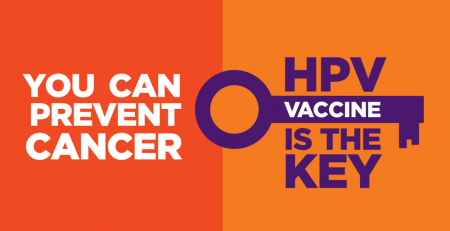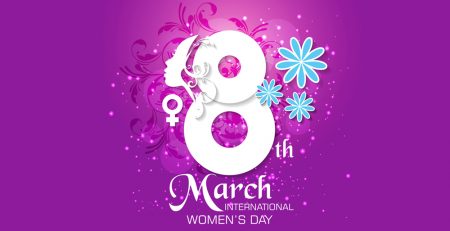MENOPAUSE: signs and symptoms & Treatment if you are experiencing them
WHAT IS MENOPAUSE:
Menopause begins when the menstrual cycle finishes. Menopause is not a health problem, and some experience it as a time of liberation. However, hormonal changes and other factors involved can cause discomfort.
Each person may experience menopause differently. The average age for menopause is 51 years. It may happen earlier if the person has never had children or if they smoke. Birthing parents and their children assigned female often experience it around the same age.
Sometimes menopause happens early. Doctors call it “premature menopause” if it develops before the age of 40 years and “early” if it starts between the ages of 40 and 45. Early menopause naturally occurs in around 5% of females.
SYMPTOMS
Around menopause, various physical and mental changes can occur, causing symptoms. Some of these start before menopause, and some continue after it.
Symptoms are usually more severe when menopause occurs suddenly or over a shorter period of time.
Aside from menstruation changes, the symptoms of perimenopause, menopause, and postmeopause are generally the same. The most common early signs of perimenopause are:
- less frequent menstruation
- Heavier or lighter periods than you normally experience
- vasomotor symptoms, including hot flashes, night sweats and flushing.
- An estimated 75% of women experience hot flashes with menopause.
Other common symptoms of menopause include:
- Insomnia, Depression, Anxiety, difficult concentrating
- Vaginal Dryness, reduced libido or sex drive
- Dry skin, mouth and eyes
- Increased urination and urinary tract infection
- Headache, tachycardia
- Sore or tender breast & less full breast
- Weight gain but deceased bone mass and muscle mass
- painful or stiff joint
- hair thinning or loss but increased hair growth on other areas of the body, such as the face, neck, chest, and upper back
Treatments
You may need treatment if your symptoms are severe or affecting your quality of life. Hormone therapy may be an effective treatment in women under the age of 60, or within 10 years of menopause onset, for the reduction or management of:
- hot flashes
- night sweats
- flushing
- vaginal atrophy
- osteoporosis
Other medications may be used to treat more specific menopause symptoms, like hair loss and vaginal dryness.
Home remedies and lifestyle changes
There are several ways to reduce minor-to-moderate menopause symptoms naturally, using home remedies, lifestyle changes, and alternative treatments.
Here are some at-home tips for managing menopause symptoms:
- Keeping cool and staying comfortable
Dress in loose, layered clothing, especially during the night time and during warm or unpredictable weather. This can help you manage hot flashes. Keep your bedroom cool and avoiding heavy blankets.
- Exercising and managing your weight
Reduce your daily calories intake by 400 to 600 calories to help manage your weight. It’s also important to exercise moderately for 20 to 30 minutes a day. This can help:
- increase energy
- promote a better night’s sleep
- improve mood
- promote your general well-being
- Communicating your needs
Talk to a therapist or psychologist or your family members, loved ones, or friends about any feelings of depression, anxiety, sadness, isolation, insomnia.
- Supplementing your diet
Take calcium, vitamin D, megnisium supplements to help reduce your risk for osteoporosis and improve energy levels and sleep. Talk to your doctor about supplements that can help you for your individual health needs.
- Practicing relaxation techniques
Practice relaxation and breathing techniques, such as: yoga, meditation and box breathing.
- Taking care of your skin
Apply moisturizers daily to reduce skin dryness. You should also avoid excessive bathing or swimming, which can dry out or irritate your skin.
- Managing sleeping issues
Talk to your doctor if you regularly have trouble sleeping so they can help you manage it and get a better night’s rest.
- Quitting smoking and limiting alcohol use
Stop smoking and avoid exposure to second hand smoking. You should also limit your alcohol intake to reduce worsening symptoms. Heavy drinking during menopause may increase your risk of health concerns.
- Other remedies
Natural supplements and nutrients that may help limit menopause symptoms include:
- soy
- vitamin E
- isoflavone
- melatonin
- flax seed






Leave a Reply